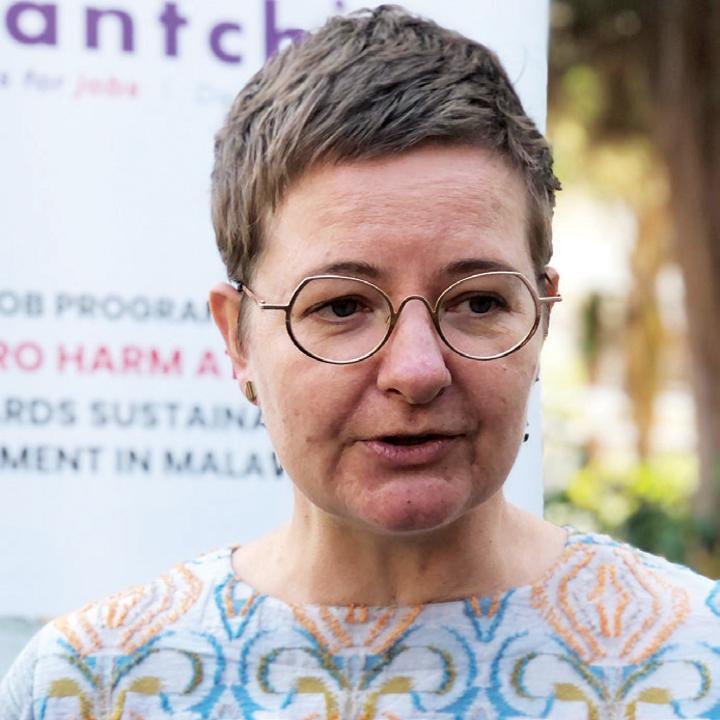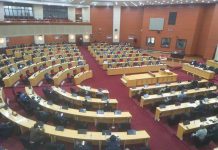Africa-Press – Malawi. Minister of Labour Peter Dimba says the government needs K9 billion as seed money to operationalise the compensation fund, which is earmarked to pay compensation to workers who have died or been injured while in service.
Dimba made this statement during the launch of the inaugural Malawi National Occupational Safety and Health Policy in Lilongwe Tuesday.
Among other things, the policy provides for the operationalisation of the fund, whose Act was passed in 2000, the establishment of functional risk assessment programmes in all workplaces and educating employers and workers’ representative bodies on the importance of risk management and its benefits.
However, the fund is yet to be operationalised in the country.
Dimba said the government was working tirelessly to source the funds and engage stakeholders in the labour sector to operationalise the fund.
“When workers get injured or become ill because of the occupational environment, it is important, and per the law, they must be compensated, and adequately so.
“That is why the government is working tirelessly to ensure that the workers’ compensation fund is operationalised,” he said.
Dimba added that the policy is crucial to ensuring a conducive working environment in the country.
He said the government aims to create three million jobs in the next five years and that to sustain these jobs and keep them healthy, there is a need for the safety and health of workers to be safeguarded at all costs.
Dimba added that his ministry would enhance inspections to ensure employers adhere to the policy’s guidelines.
Employers Consultative Association of Malawi Executive Director George Khaki said the delay by the government in allocating the seed money to the fund was hindering employers from remitting 0.7 percent of their wage bill monthly towards the fund.
Khaki added that this was forcing employers to pay unrealistic compensation to their workers.
“The law should go hand in hand with the operationalisation of the workers’ compensation fund.
“We have the responsibility to compensate our workers, but right now, when workers get injured or die at the workplace, we have no mechanisms through which we can compensate them,” he said.
According to Khaki, this puts the employees at a huge disadvantage such that the nation is doing them a disservice and a disservice to those they supported as well.
Madalitso NjolomoleMalawi Congress of Trade Unions Secretary General Madalitso Njolomole said the union would support the realisation of the policy.
Njolomole pointed out the need to reflect the crucial importance of the health of workers, and that every worker deserves to return home safely to their families.
“It is not just a document but a beacon of hope and action. We call upon employers not just to comply with the policy but also to create a conducive working environment that is safe for workers,” he said.
Meanwhile, European Union Charge d’Affaires Else Boonstra challenged the government to effectively implement the policy.
Boonstra said it is important to maintain the momentum and immediately shift to the implementation phase.
“Today is the day we can celebrate and congratulate one another and tomorrow is definitely back to work, back to the drawing board, making sure that the implementation teams are put together… to ensure that all workers and stakeholders are aware of the new policy,” she said.
The policy is expected to be reviewed every five years or when deemed necessary, based on changes in legislation, technology, sub-regional or international standards, among other factors
For More News And Analysis About Malawi Follow Africa-Press






